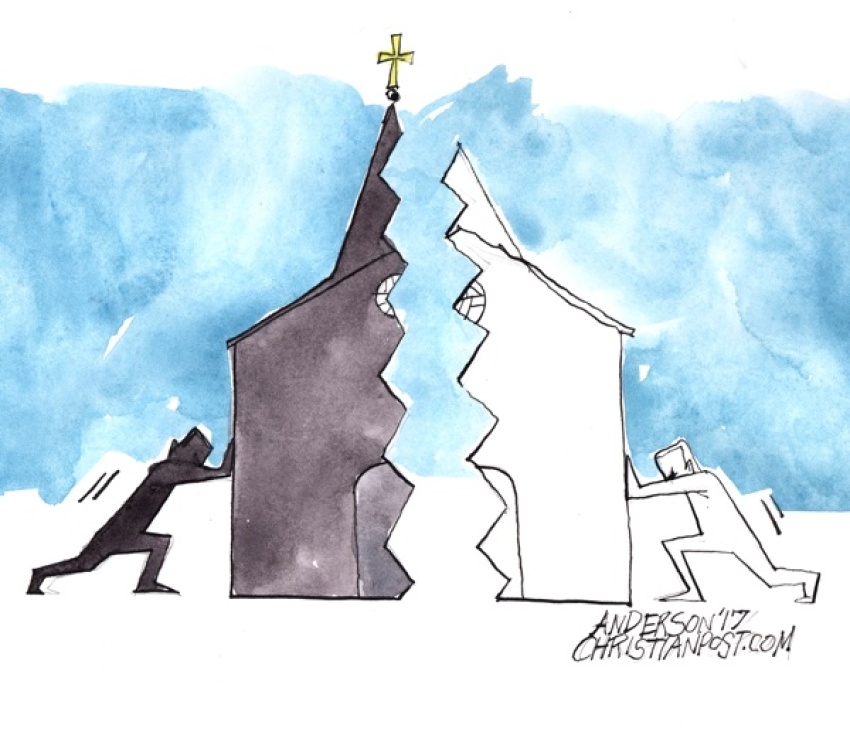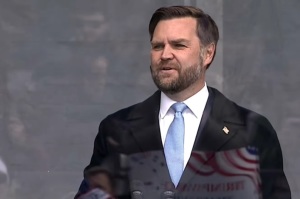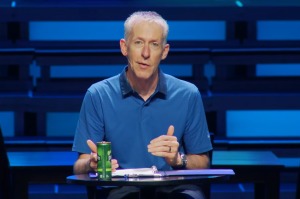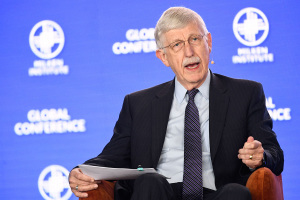SBC observes ‘Racial Reconciliation Sunday’ with goal of making churches more diverse

The Southern Baptist Convention will be observing its annual “Racial Reconciliation Sunday” on Feb. 9, with this year’s emphasis being on the cultivation of multiethnic churches.
The SBC's Ethics & Religious Liberty Commission posted a link on Twitter to a bulletin insert written by pastor Jamaal Williams for congregations to use this Sunday.
Titled “Intentionally Cultivating Multiethnic Churches,” Williams briefly described his experience of becoming senior pastor for a predominantly white congregation.
“The pursuit of diversity is not an easy path,” he wrote. “Not only does it challenge heart-level issues of prejudice, but it challenges lifelong preferences regarding music, expressiveness in services, preaching style and more.”
Williams gave three pieces of advice on how pastors can handle the issue: be careful when directing a church toward more diversity, listen to congregants, and ask for forgiveness and grace.
“Many of the challenges we’ve had to overcome are the result of the man in the mirror. Sometimes we’ve gone too fast or too slow, and we’ve spoken too strong and too soft,” continued Williams.
“One of the greatest apologetics in the next 20 years will be multiethnic churches. As cultural divides continue, and likely deepen, I believe people will ask ‘Why?’ when they look at our churches and see blacks and whites, Hispanics and Asians, young and old, women and men, rich and poor, standing, living, laughing, weeping, walking — together.”
Initially known as “Race Relations Sunday” when it was first observed in 1965, in 1998 the SBC voted to change the name of the observance to Racial Reconciliation Sunday.
The SBC was originally formed in 1845 as the pro-slavery church for Baptists, holding its inaugural meeting at First Baptist Church of Augusta, Georgia.
In 1995, the Southern Baptist Convention issued a formal apology for its earlier support of slavery and segregation.
More recently, SBC leadership has made efforts to advance racial reconciliation and to reach out to historically African American churches.
For example, in 2015 then SBC President Ronnie Floyd took part in a summit on racial unity held in Jackson, Mississippi, alongside Jerry Young, president of the National Baptist Convention, USA.
In 2016, Floyd participated in panel discussion titled "A National Conversation on Racial Unity in America" in St. Louis, Missouri.
“The sin of racism is a spiritual stronghold in this nation and now is the time this wall must come down,” wrote Floyd at the time.
“As we repent of it personally, repent of it in our churches, and repent of it in our nation, we will perhaps see the next great spiritual awakening in our generation.”
Last June, current SBC President J.D. Greear preached to about 1,000 people at Sixth Avenue Baptist Church in Birmingham, Alabama, about “horrible history of racism” in Western churches.
“You see, the Gospel teaches us that there's only one kind of person: human,” said Greear, as reported by the Baptist Press at the time.
“We all got one common problem: sin. We only have one hope: the blood of Jesus. And that means all people — red and yellow, black and white — all alike are precious in His sight because all are afflicted with the same problem; all require the same solution.”



























